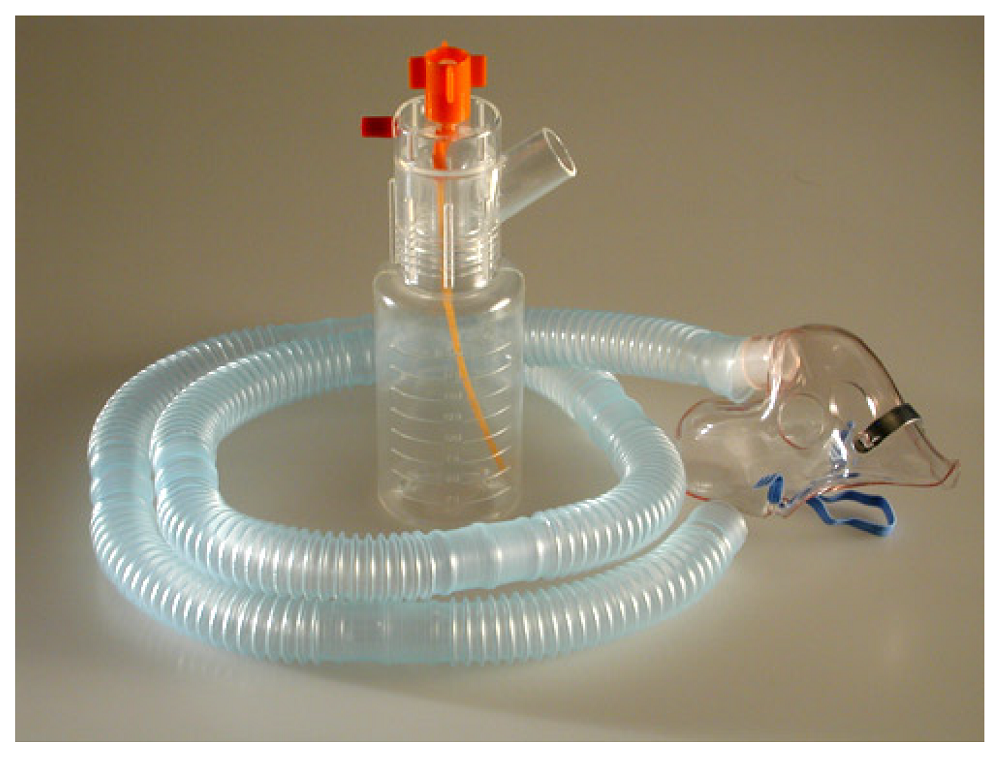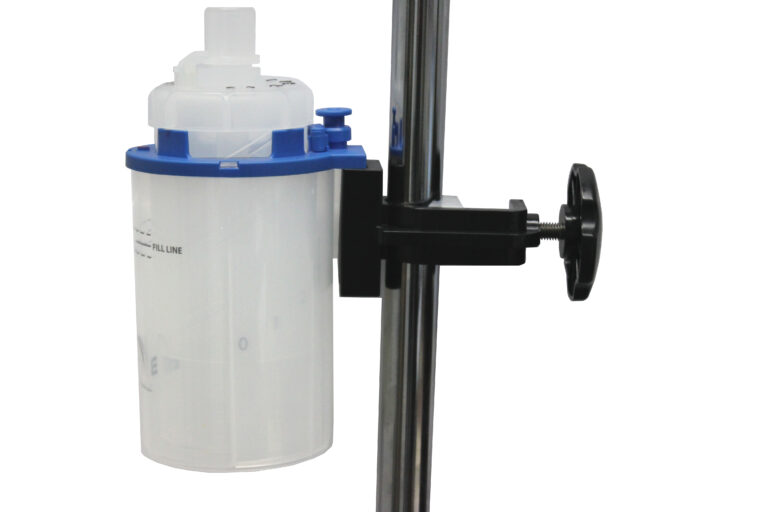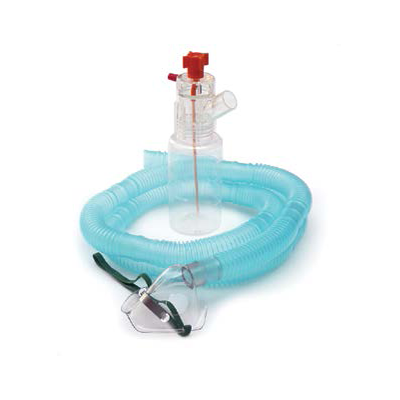The arrival of a newborn brings immense joy and happiness to families, but it can also be a time of uncertainty, especially if the baby requires special medical attention. One common issue faced by newborns, particularly those born prematurely, is respiratory distress. To address this challenge, healthcare providers often turn to Continuous Positive Airway Pressure (CPAP) therapy, a non-invasive respiratory support method that delivers a continuous flow of air and oxygen to the baby’s airways. In this blog post, we will explore the use of CPAP for newborns, including its benefits, challenges, and best practices.
Understanding CPAP for Newborns
CPAP for newborns is a therapeutic intervention used to support respiratory function in infants who are experiencing respiratory distress, often due to conditions such as prematurity, respiratory distress syndrome (RDS), or transient tachypnea of the newborn (TTN). CPAP therapy works by delivering a continuous stream of pressurized air or oxygen through nasal prongs or a nasal mask, helping to keep the baby’s airways open, improve oxygenation, and reduce the work of breathing.
Benefits of CPAP for Newborns
- Non-Invasive Respiratory Support:
CPAP therapy is non-invasive, meaning it does not require any invasive procedures such as intubation or mechanical ventilation. This makes it a safer and less traumatic option for newborns, reducing the risk of complications and improving comfort during respiratory support.
- Improved Oxygenation:
By delivering a continuous flow of air and oxygen to the lungs, CPAP therapy helps improve oxygenation in newborns with respiratory distress. This is essential for maintaining adequate oxygen levels in the blood and supporting overall organ function.
- Prevention of Respiratory Complications:
CPAP therapy can help prevent the progression of respiratory distress and reduce the risk of complications such as apnea, bradycardia, and respiratory failure. By providing continuous positive pressure to the airways, CPAP helps keep the lungs expanded and prevents collapse of the alveoli, improving respiratory function and reducing the need for more invasive interventions.
Challenges of CPAP for Newborns
- Mask Discomfort:
Newborns may find wearing a nasal mask or prongs uncomfortable, leading to agitation and difficulty maintaining proper CPAP therapy. Healthcare providers must ensure proper fitting of the mask or prongs and monitor the baby closely for signs of discomfort.
- Skin Irritation:
Prolonged use of CPAP therapy can sometimes lead to skin irritation or breakdown around the nasal area or on the cheeks where the mask or prongs come into contact with the skin. Proper skin care and monitoring are essential to prevent and manage skin problems in newborns receiving CPAP therapy.
- Nasal Congestion:
Newborns with respiratory distress may experience nasal congestion, which can interfere with the delivery of CPAP therapy. Healthcare providers may need to suction the baby’s nose regularly to remove mucus and ensure proper airflow during CPAP therapy.
Best Practices for CPAP in Newborns
- Early Intervention:
Early initiation of CPAP therapy is crucial for newborns with respiratory distress to prevent the progression of respiratory failure and improve outcomes. Healthcare providers should be vigilant in identifying infants who may benefit from CPAP therapy and initiate treatment promptly.
- Close Monitoring:
Continuous monitoring of newborns receiving CPAP therapy is essential to assess respiratory status, oxygenation levels, and tolerance to therapy. Healthcare providers should closely monitor vital signs, respiratory effort, and oxygen saturation to ensure the baby’s safety and well-being.
- Multidisciplinary Approach:
Effective management of CPAP therapy in newborns requires a multidisciplinary approach involving neonatologists, respiratory therapists, nurses, and other healthcare professionals. Collaboration and communication among team members are essential for optimizing care and addressing any challenges or concerns that may arise.
Conclusion
CPAP therapy is a valuable tool in the management of respiratory distress in newborns, offering non-invasive respiratory support that improves oxygenation, reduces respiratory complications, and promotes better outcomes. Despite some challenges, CPAP therapy remains an essential intervention for newborns with respiratory distress, and adherence to best practices can help optimize its effectiveness and safety. At B&B Medical Technologies, we are committed to advancing neonatal care through innovative solutions like CPAP therapy.


